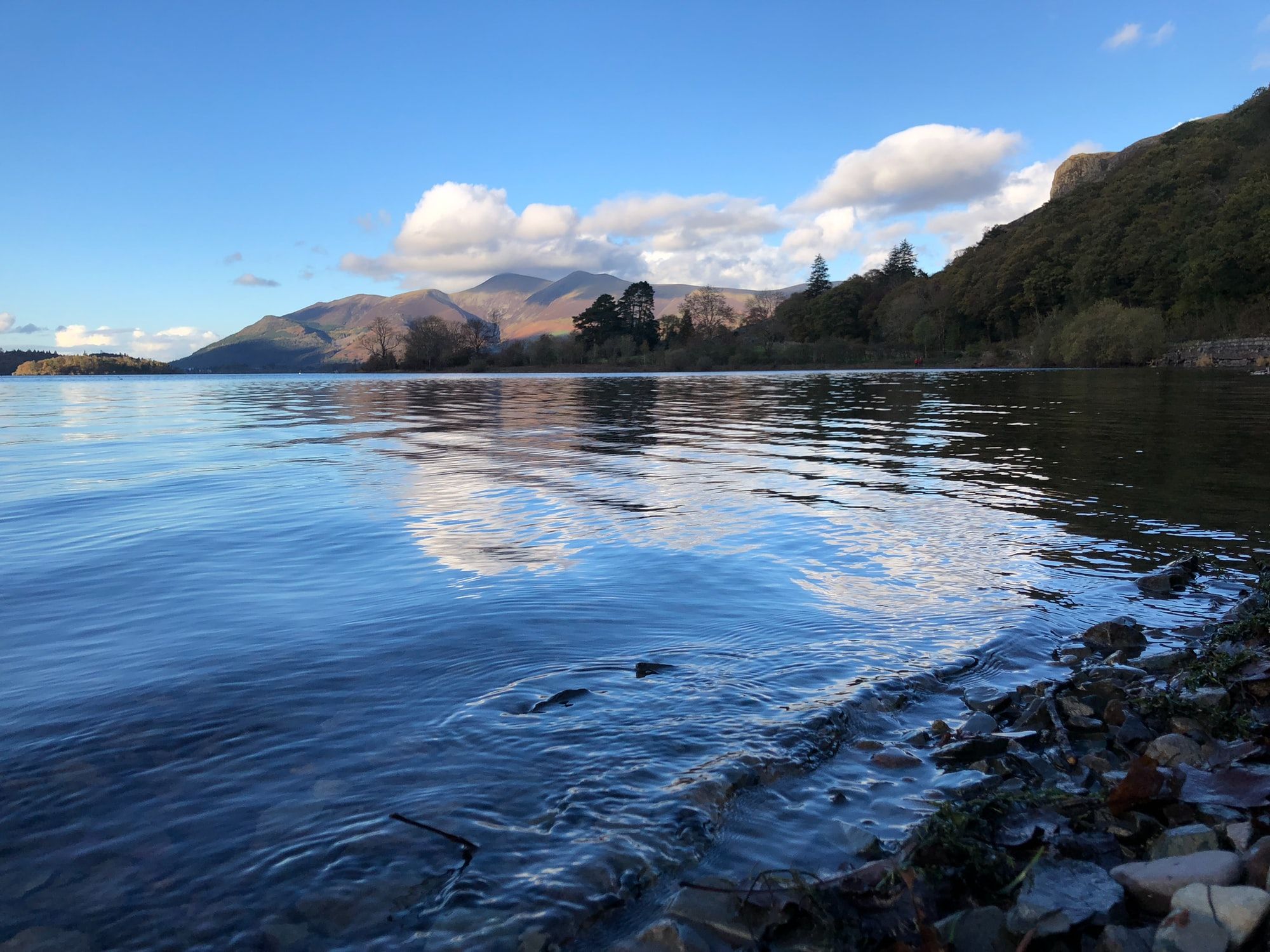
🌊 Systems absorb CO2 from the air by taking it from the sea
A research team from UCLA have proposed a solution to the CO2 problem and they believe the ocean to be the key.
Share this story!
Our oceans naturally hold about 150 times more carbon dioxide than the air. Even though the atmosphere and the oceans work together, the seas have a massive amount of plants, called phytoplankton, that absorb CO2 through photosynthesis. A research team from UCLA has an idea that instead of pulling CO2 from the air, we should draw it from the oceans, which gives it room to absorb even more from the atmosphere.
UCLA Newsroom writes that “The proposed technology would incorporate a flow reactor — a system that continuously is fed raw materials and yields products. The seawater would flow through a mesh that allows an electrical charge to pass into the water, rendering it alkaline. This kicks off a set of chemical reactions that ultimately combine dissolved carbon dioxide with calcium and magnesium native to seawater, producing limestone and magnesite by a process similar to how seashells form. The seawater that flows out would then be depleted of dissolved carbon dioxide and ready to take up more. A co-product of the reaction, besides minerals, is hydrogen, which is a clean fuel.” When this process is done, the ocean will continue absorbing CO2 from the atmosphere.
One thing that separates this system from others is its “single-step” method. Other systems require multiple concentration processes to, for example, turn CO2 into stone.
For this system to remove carbon dioxide effectively, it’ll have to be developed and expanded to a huge scale.
“Managing and mitigating carbon dioxide is foremost an economic challenge,” said Gaurav Sant, director of the UCLA Institute for Carbon Management.
However, the team still believes their system to be a success, even at a smaller scale, and that it will be an invaluable tool for this mission.

By becoming a premium supporter, you help in the creation and sharing of fact-based optimistic news all over the world.



